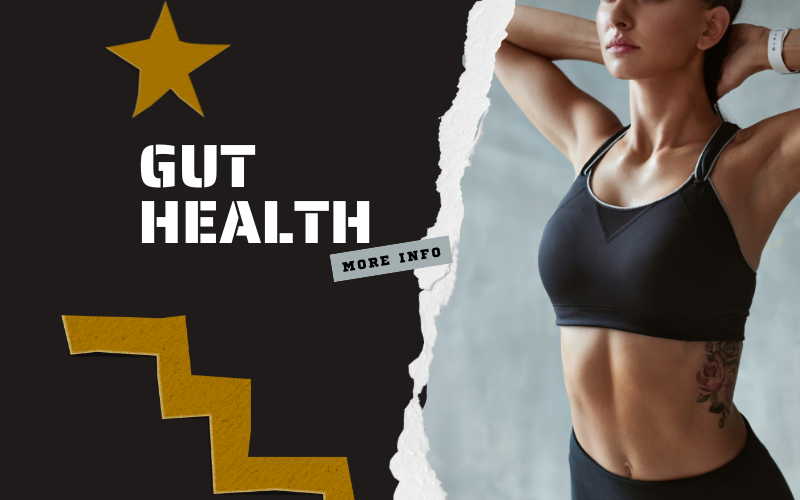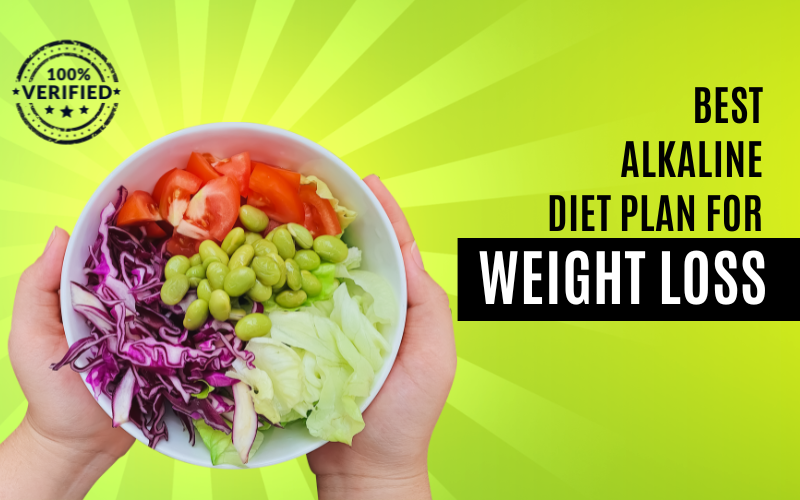Summary
- The Ageing Gut after 40 emphasizes the significance of maintaining gut health in the ageing process.
- With age, the body undergoes a natural slowdown, impacting the efficiency of organs, including the stomach and intestines (referred to as the gut).
- The muscles within the gut experience increased stiffness and weakness as part of the aging process.
- The body’s reduced ability to generate new cells at a rapid pace contributes to potential issues within the gut.
- These age-related changes make the gut more susceptible to various problems and highlight the importance of proactive gut health measures.
Benefits of taking Supplements
Some of these problems include heartburn, stomach ulcers, irritable bowel syndrome, diarrhea, constipation, hemorrhoids, excess gas, stomach pain, diverticulitis, fecal incontinence, and a condition called gastroesophageal reflux disease (GORD). If your tummy feels uncomfortable, it’s important to talk to your doctor. But for now, let’s explore why and how your gut changes as you get older. You can check out this recipe book for making probiotic food.

Imagine your gut as a bustling metropolis where trillions of tiny residents, known as gut microbiota, work tirelessly to maintain balance. What you eat directly influences their job performance, impacting digestion, nutrient absorption, and even mood regulation. Watch this video on reducing inflammation of the gut.
Getting Older and Your Digestive System
The digestive system is a crucial set of organs that breaks down food for the body to use. As we get older, the chance of problems in the digestive system increases due to the effects of diet, lifestyle, diseases, and medications over the years. In elderly people, new issues like diverticular disease or colorectal cancer can emerge, and existing conditions such as dyspepsia, irritable bowel syndrome, inflammatory bowel disease (like Crohn’s disease and ulcerative colitis), celiac disease, and GERD can worsen. This discussion explores ways to keep your digestive system healthy as you age and covers common disorders in older individuals, along with their treatment and management.
Changes in Diet and Lifestyle

Choose nutritious foods and aim for variety in your meals. Adequate fibre intake is essential for managing constipation, diarrehea, and diverticular disease. Women over 50 should target 21 g of fibre daily, while men in the same age group should aim for 30 g. Vitamin D is crucial, especially in winter and as you age. Individuals aged 51-70 should take 400 IU (10 micrograms) daily, increasing to 600 IU (15 micrograms) for those aged 71 and older.
Since natural sources are limited, supplements are necessary. Calcium is vital for the elderly, with a daily goal of 1,200 mg from three servings of dairy or alternatives or through supplements.
Remaining physically active is key throughout life. If you’re over 50, engage in at least two and a half hours of moderate to vigorous aerobic activity weekly, spread across sessions of ten minutes or more. Activities like walking, biking, and swimming are suitable. Incorporate muscle and bone strengthening activities, such as weightlifting, resistance bands, gardening, or yoga, at least twice a week.
Adequate sleep positively impacts digestive health. Aim for 7-8 hours nightly and establish a consistent sleep schedule. Managing stress is crucial, as it can worsen digestive symptoms. Techniques include regular exercise, personal time, laughter, deep breathing, and addressing negative thoughts for overall health maintenance.
How can I improve my gut Health even further?
Hydration is another key player in gut health. Drinking an adequate amount of water supports digestion, helps transport nutrients, and aids in the overall maintenance of a healthy gut lining. Make it a habit to sip water throughout the day.
Probiotics
Probiotics, like tiny superheroes in your tummy, are good bacteria that bring a bunch of benefits to your body! First off, they help your belly buddies, also known as gut microbiota, stay happy and balanced. When you eat foods with probiotics, like yoghurt or kefir, you’re giving these friendly bacteria a boost, and they, in turn, help with digestion and keep things running smoothly in your tummy town.
But that’s not all – probiotics also support your immune system, the superhero shield that protects you from getting sick. These good bacteria help your immune cells stay strong and ready for action. So, by munching on probiotic-rich foods, you’re not just treating your taste buds; you’re also giving your belly and immune system the best sidekick they could ask for!
On the flip side, excessive intake of processed foods and sugars can disrupt the delicate balance in your gut. Limiting these items can help reduce inflammation and contribute to a healthier gut environment.
Chewing your food thoroughly may seem like a simple act, but it’s a crucial step in the digestive process. Proper chewing helps break down food into smaller, more digestible particles, easing the workload on your stomach and promoting optimal nutrient absorption.
Regular physical activity does wonders for your gut health. Exercise stimulates the movement of the digestive tract, preventing constipation and promoting a healthy gut flora. Find activities you enjoy, whether it’s a brisk walk, yoga, or dancing.
Stress management is often underestimated in its impact on gut health. Chronic stress can negatively affect the gut microbiota and contribute to digestive issues. Incorporate stress-relief practices like deep breathing, meditation, or spending time in nature.
The overall conclusion
Your gut is a dynamic ecosystem that thrives on balance. By making mindful food choices, staying hydrated, incorporating probiotics, and adopting a healthy lifestyle, you can pave the way for improved gut health. Remember, what you put into your stomach is not just fuel; it’s the foundation for a healthier and happier you.
What is your favourite food?
This post may contain affiliate links which means I may receive a commission for purchases made through links. I will only recommend products that I have personally used. Learn more on my privacy policy page.





Pingback: Gut Health 2024 The Media Landscape